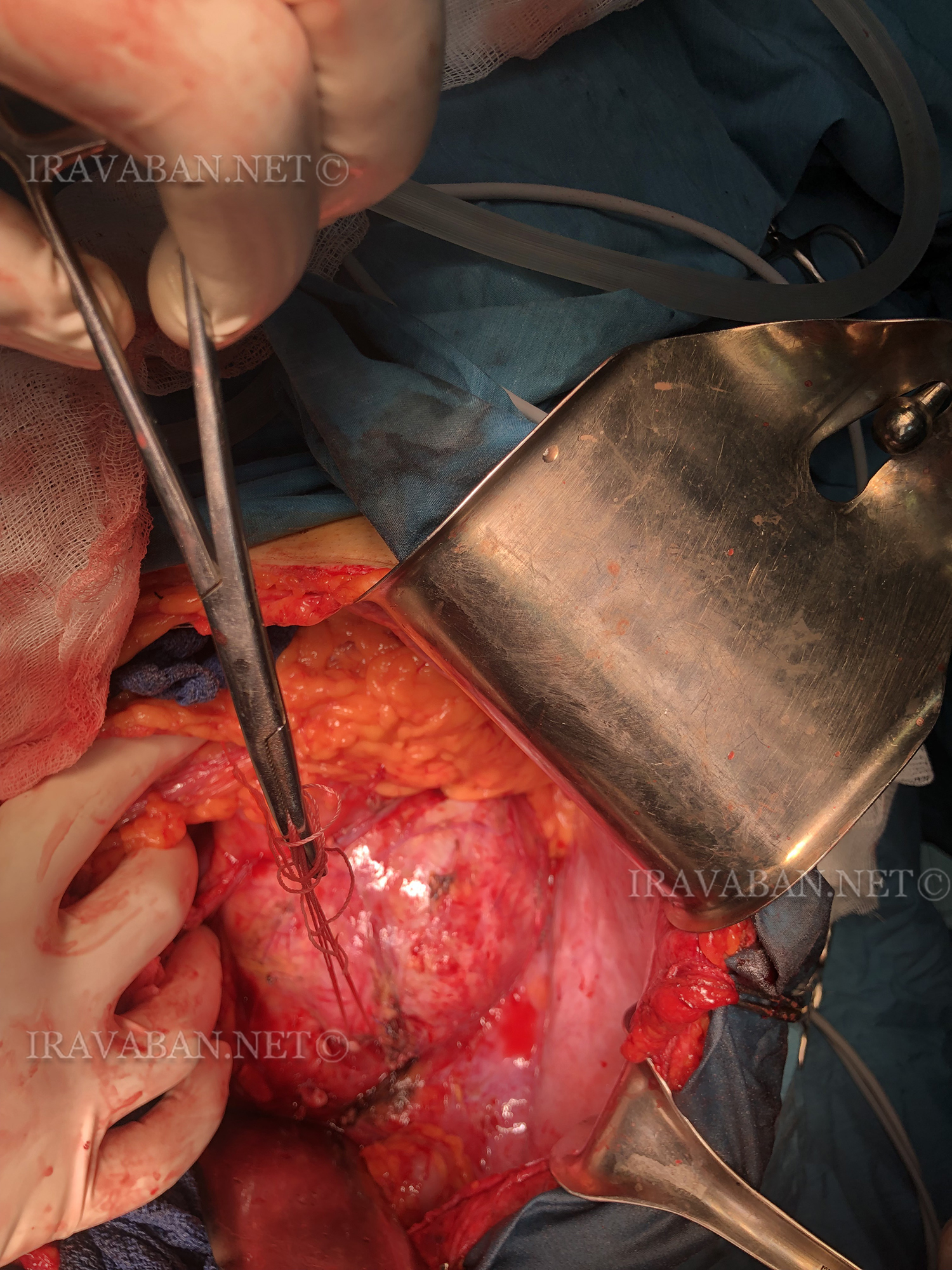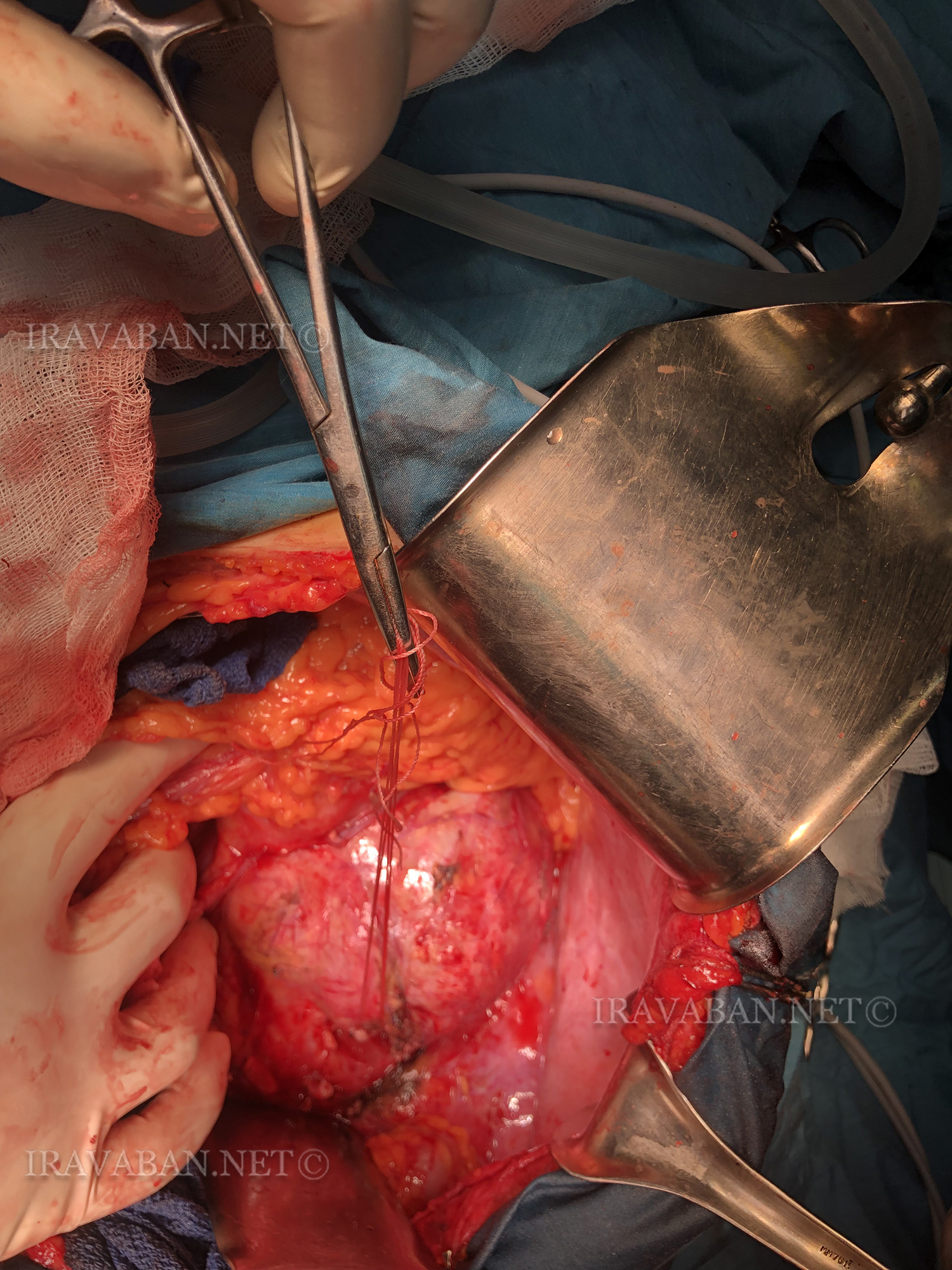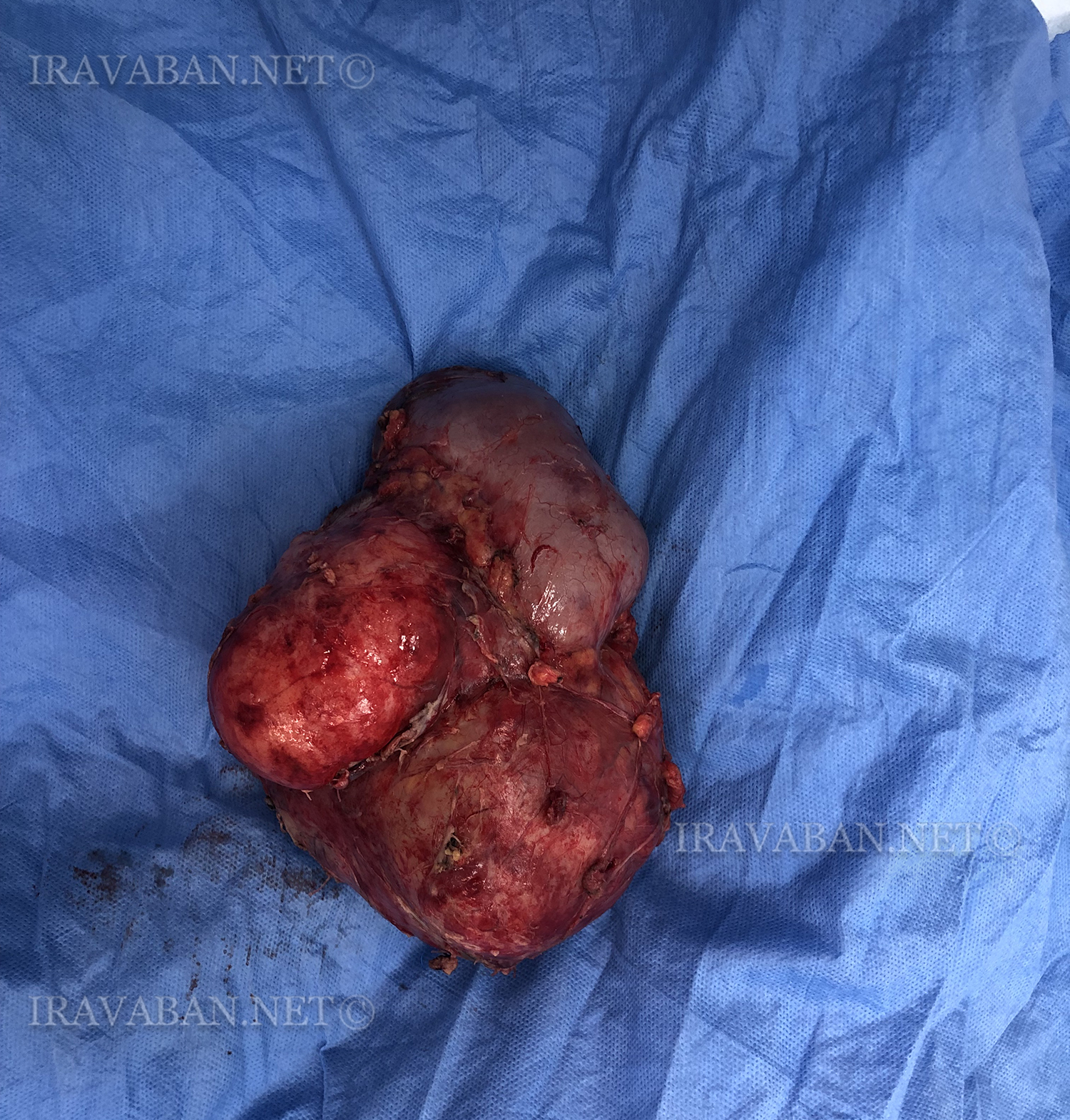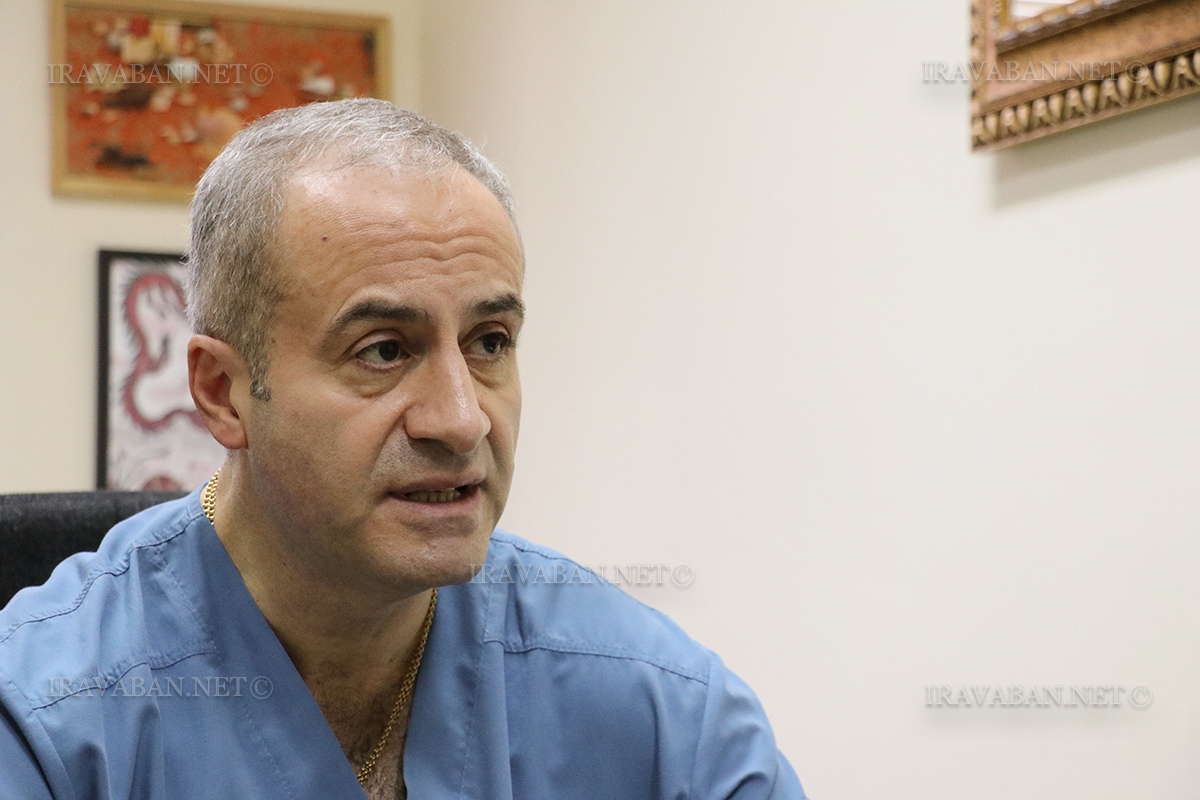Khachatur Badalyan Head of the Chair of Surgical Diseases and Modern Surgical Technologies of the National Institute of Health; Surgeon, Oncologist, Doctor of Medical Sciences, Professor has recently performed a complex and rare operation at the “Izmirlian” Medical Center. This is another combined operation after the removal of a testicle for a testicular tumor of a boy.
In a conversation with Iravaban.net, Professor Khachatur Badalyan mentioned that there was a prevalence of metastases in the abdominal cavity, in the posterior abdominal space. This infection affected the kidney and required major, combined surgery, and the conglomerate was removed along with the kidney
“In this case, it is very important to organize the treatment correctly, if it is done correctly, the treatment is complete, people are recovering. There is an interesting experience with a positive outcome to reassure patients. We are talking about Lance Armstrong, a cyclist with a testicular tumor, who was once a world champion. He underwent surgery, received chemotherapy, received treatment for abdominal nodules, recovered from surgery, and became world champion again. It means that all this is so effective that a person has been able to fully return to life.
In more developed countries, with the development of modern medicine, there are trained specialists, equipment that makes it possible to perform such combined surgeries in pathologies, when the infection of one organ is combined with another organ. Everything is possible, but, unfortunately, from what I see in Armenia, both the professional level does not correspond, and the approaches are not made as it is accepted abroad.
The young man who applied to me was told that it was impossible to do anything, it was a widespread tumor, and he was young boy, he had a pain syndrome, he had problems and he was rejected. But the combined treatment brought results. We removed the testicle, and then we underwent chemotherapy, against the background of which there was a partial positive result and the second operation performed in the second stage, the removal of the conglomerate of the tumor mass in the sub-abdominal space,” the professor explained.
Khachatur Badalyan mentions that the problem was that the conglomerate was located in the interstitial space and penetrated the back wall of the abdomen, covered the retinal space, was very close to the tail of the pancreas, had a problem with the urethra and was very close to the spleen, left adrenal gland. According to him, when an inexperienced specialist sees such a situation, which is enormously large, it is easier to say no, it is impossible to do than to go to a big, difficult operation and face possible big intraoperative problems.
“It is mostly accepted in our country that if there are complications, they refuse, they say it is not possible. Unfortunately, due to our low level of professionalism, many people are not treated or receive help,” he says.
The operation lasted for 8 hours, Khachatur Badalyan did it all alone , as there is no specialist to replace, and this absence is a priority issue in Armenia.
“From the beginning of the operation until the end, there was an extreme situation during the whole surgery and there was no opportunity to take a break, I could not leave physically, because after leaving, the presence of a replacement group is important, there is none.”
The doctor jokes that 4 days have passed since the operation and the patient will be discharged soon, whereas the doctor’s back pain has not passed yet.
The blood loss was about 250 ml, taking into account the fact that the tumor also involved the aorta, but it was possible to preserve the aorta as well.
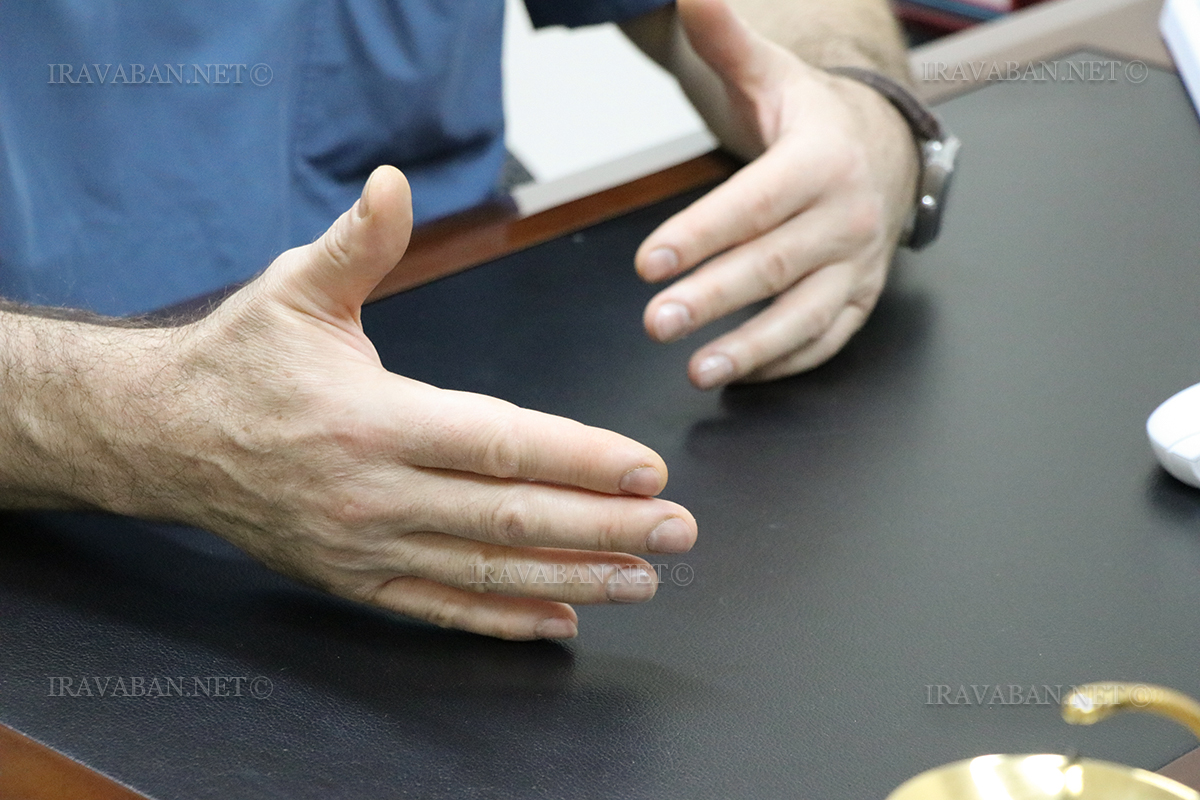 Khachatur Badalyan also mentions that it would be right if separate centers, even in the Oncology Center, had high-level specialists trained in leading hospitals to properly organize heavy, combined surgeries.
Khachatur Badalyan also mentions that it would be right if separate centers, even in the Oncology Center, had high-level specialists trained in leading hospitals to properly organize heavy, combined surgeries.
“If needed, we would have to be ready to have the kidney removed, we would have to have removed the tail of the body of the pancreas, and so on.” in each case, the group had to be prepared for any change.
I would call on the organizers of health, the Ministry of Health, certain areas of activity, in case of complex services, such as oncology, when there are serious pathologies, it is necessary to license 8-9 separate pathologies for treatment. Instead of providing a license to treat general oncology, but to provide a license to treat any oncological pathology, such as a liver surgery license, a pancreatic treatment license, because the specialist must have the appropriate qualifications and the medical center shall have the right to treat them only in case of the presence of that specialist. But we are in a painful situation. The medical institution has a license for oncology and patients with any oncology and pathology go there and are mostly are denied because the specialists do not know how to treat, they see a little complication, they refuse, they say it is not possible and that’s it. But that “impossible” largely brings to the fact that people are left without treatment if they have no other opportunity to receive treatment elsewhere.
Testicular cancer is mainly found in young people and it is a very important issue to consider the possibility of having a generation in future.
“If it is possible, they take the sperm cells in advance; freeze them, in order to get a generation by artificial insemination later. In the postoperative period, if everything goes well after receiving chemotherapy, there is a certain positive result, the person recovers, later, after a general break, one can return to the issue of having a generation.
The state has to provide certain conditions for freezing sperm cells for later use, because people are not able to organize all that, they pay quite high prices for freezing and storage, which many are not ready for. Unfortunately, in our country, there is no approach at the state level, a willingness to do our best for human health and the general public in order to maintain the function of having generation,” Professor Badalyan says.
Alisa Chilingaryan
